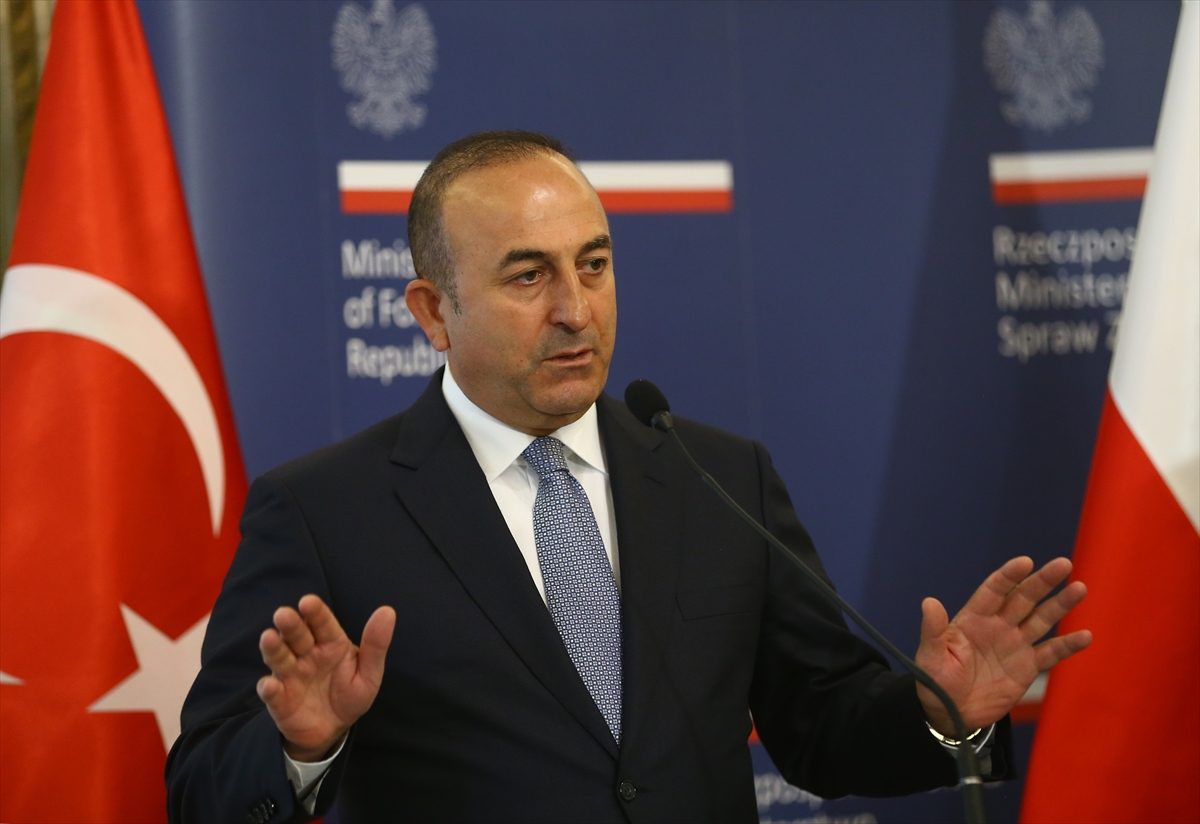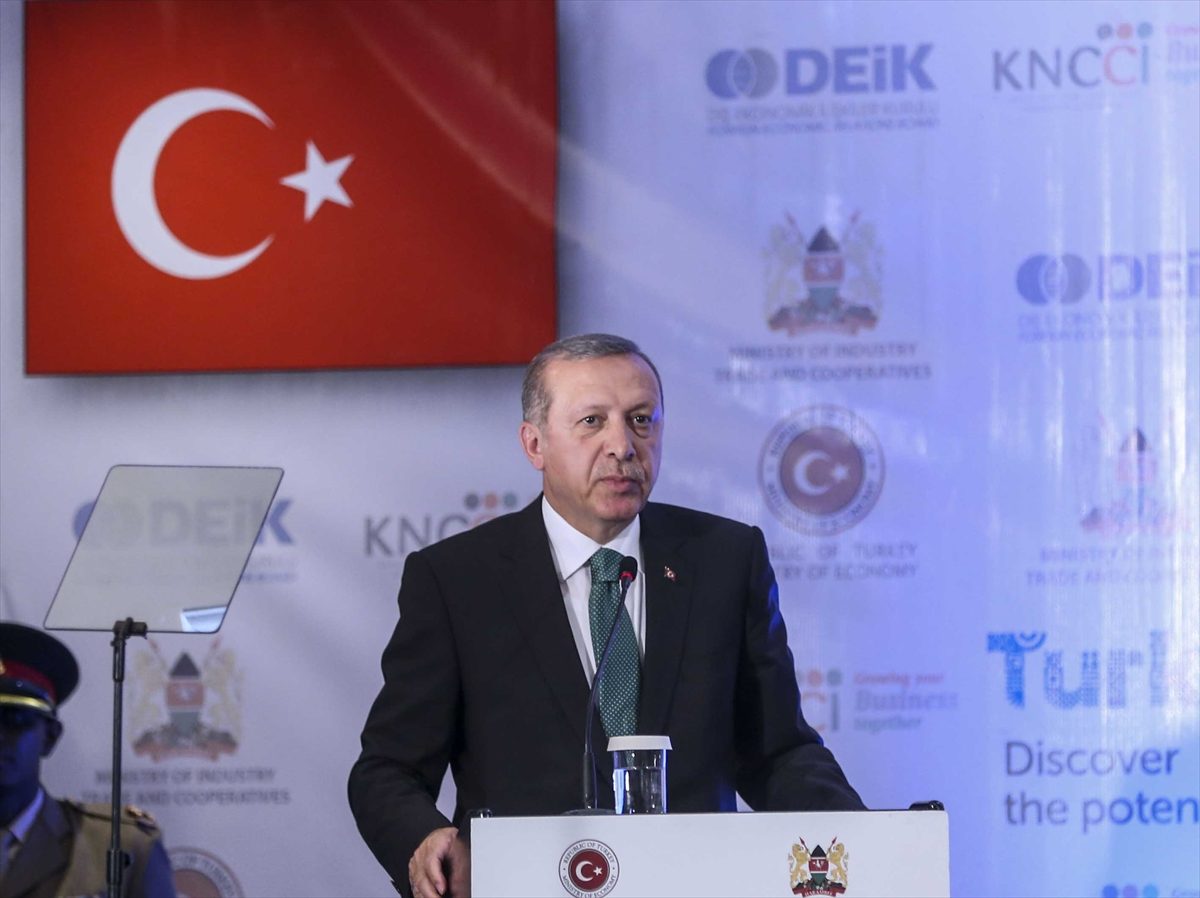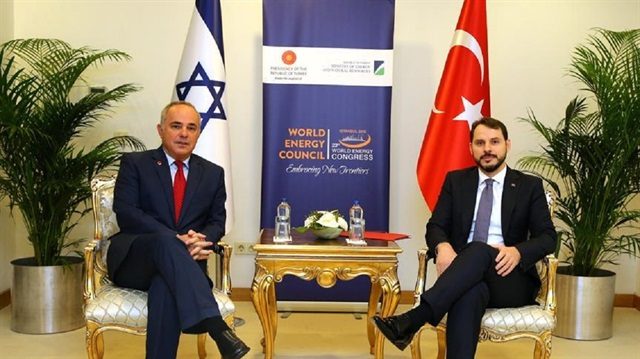
By: Verda Özer*
“We shall be in the operation. And we shall be at the table as well. They should look at the Misak-ı Milli (National Pact), and they shall understand what Mosul means for us!” said President Erdoğan the other day, and in the International Law Congress in Istanbul attended by ministers of justice of 34 countries as well.
And this, carried the question that became louder and louder with the operation of Mosul all the way to the top of the agenda: Why does Turkey keep saying “Mosul”? On which grounds do they want to have a say in this place?
***
I have been writing the political reasons why Ankara wants to be involved in Mosul for two weeks now. And I have been explaining that our concern is to have a say while the cards are dealt again in Iraq. We want to accomplish this not by sending soldiers to Mosul, but by supporting local forces that we have trained there.
However, political reasons are not the only thing behind this motive. There are also historical and legal reasons.
Misak-ı Milli (National Pact) Borders
Mosul’s meaning for Turkey actually depends on 4 historical and legal pillars. First of these is, Misak-ı Milli (National Pact).
Today’s Iraq consisted of 3 states during the Ottoman period: Mosul, Baghdad, and Basra.
Therefore the state of Mosul was under Ottoman rule for centuries. It was also stated as a region within the “Misak-ı Milli (National Pact) Borders” which was announced on 17 February 1920, while the Republic of Turkey was being found.
***
The second reference of Ankara regarding Mosul is the international report published in 1925.
The issue of Mosul was not resolved with the Lausanne Peace Treaty signed in 1923. Because Turkey stated that Mosul was within the Misak-ı Milli (National Pact) Borders, and asked occupying England to leave Mosul to Turkey.
Afterwards, Turkey and England tried to solve this issue with bilateral meetings between 1923-25 for 2 years. Failing to do so, they brought the issue to the League of Nations, which was the United Nations of its time.
***
This institution published a very comprehensive report in 1925. In the report, Mosul was left to the Kingdom of Iraq under the mandate of England. But conditionally: Mosul was declared a “disputed territory” between Turkey and Iraq. And it was left to Iraq with the condition that the minority rights and private property rights of those living in the region were going to be protected. That conditionality in international law is called “principles that are the object of international interest”.
And this was based on the fact that the majority of the population of Mosul was closer to Turkey than Iraq. Meaning the majority was ethnically Turkmen and Kurds, and not Arabs.
Independence of Iraq
The third legal basis of Ankara is the Ankara Treaty signed between Turkey and England in 1926. With this Treaty, Turkey accepted that Mosul belonged to Iraq. But, under the same condition which was raised in the report of the League of Nations.
However; according to this agreement, 10 percent of the oil revenues from Mosul, would be given to Turkey for 25 years.
***
The 4th legal and historical basis of Turkey’s Mosul rhetoric today is the declaration of independence issued by the Kingdom of Iraq in 1932 when it left the mandate of England.
This declaration was also based on the report of the League of Nations. 9th and 11th Articles in the declaration stated that the rights of the minorities in Mosul, meaning the Turkmens and the Kurts, would be protected.
“In districts and towns with a majority of Turkmen population, Turkish will be the official language along with Arabic.” was part of the text. Again, in these districts and towns, it was guaranteed that “civil servants would know adequate Turkish”. In short, a kind of cultural autonomy was granted to Mosul.
Referendum
Let’s come to today… The concept of “disputed territory” in international law grants certain rights to the parties of this dispute.
Murat Sofuoğlu is a lawyer known especially for his work on the issue of Mosul. He has been working on this subject since 2007, initially as the director of the think tank Ekopolitik, and nowadays as the director of Süreç Research Center.
Sofuoğlu says, “If instability increases in Mosul, or a risk of separation appears, Turkey has the right to appeal to United Nations. Just like England.” What he means by that is, Ankara requesting a referendum to be held to decide on the status of Mosul.
***
Tarık Çelenk, the founder of Ekopolitik, is also a civil society advocate who has been working on the issue of Mosul since 1992. Visiting the region frequently, Çelenk argues that it is legitimate for Turkey to have a say in Mosul. But, with an important warning: He emphasizes that being perceived as the “patron” of Sunnis, which constitute the majority of the population in Mosul, will damage the legitimacy of Turkey.
So, how can this be achieved? How can Turkey reach its goals without losing its legitimacy, and while correctly explaining its issue to the world? We shall continue in the next article.
*Verda Özer is a Turkish columnist. She writes for Hurriyet Turkish newspaper.
Published in Hurriyet on Wednesday 19, 2016, and translated for MEO from Turkish)



